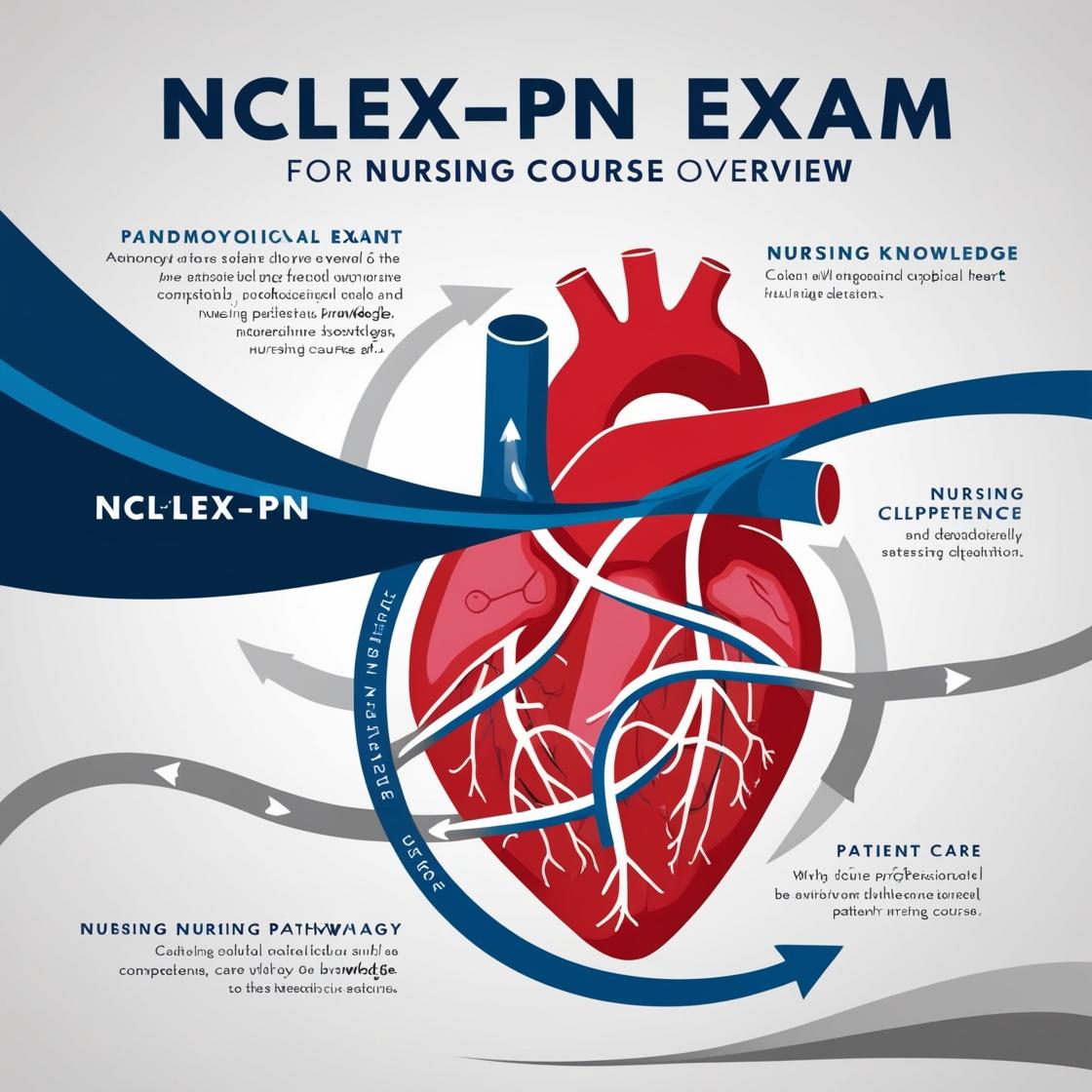NCLEX-PN
NCLEX PN 2023 Quizlet
1. When teaching about preventable diseases, the importance of getting the following vaccines should be emphasized:
- A. human papillomavirus, genital herpes, measles.
- B. pneumonia, HIV, mumps.
- C. syphilis, gonorrhea, pneumonia.
- D. polio, pertussis, measles
Correct answer: D
Rationale: Vaccines are crucial in preventing communicable diseases. Smallpox has been eradicated globally, so its vaccine is no longer used. Polio, pertussis, and measles are diseases that are controlled by routine childhood immunization. While smallpox has been eradicated, these diseases still exist, making it essential for children to be vaccinated against them. Choices A, B, and C include diseases that are not prevented by vaccination or are not related to routine immunizations, making them incorrect choices.
2. A high school nurse observes a 14-year-old female rubbing her scalp excessively in the gym. What is the most appropriate course of action for the nurse?
- A. Request the female’s parents for a private evaluation of her scalp
- B. Contact the female’s parents regarding the observations
- C. Observe the hairline and scalp for possible signs of lice
- D. Inform the student’s physician about the situation
Correct answer: C
Rationale: The most appropriate course of action for the nurse is to observe the hairline and scalp for possible signs of lice. The student's behavior of excessively rubbing her scalp raises concerns about a potential infestation, making it necessary to look for signs firsthand. Contacting the parents or the physician should be considered after observing for signs of lice to provide more information and take appropriate action. Requesting a private evaluation from the parents may not be required initially, as lice infestation is a common concern among children and observing for signs is the immediate step to address the situation.
3. What do the following ABG values indicate: pH 7.38, PO2 78 mmHg, PCO2 36 mmHg, and HCO3 24 mEq/L?
- A. metabolic alkalosis
- B. homeostasis
- C. respiratory acidosis
- D. respiratory alkalosis
Correct answer: B
Rationale: The correct answer is 'homeostasis.' These ABG values fall within the normal range, indicating a state of balance and homeostasis. The pH is within the normal range (7.35-7.45), the PCO2 is normal (35-45 mmHg), and the HCO3 level is also normal (22-26 mEq/L). Choice A, 'metabolic alkalosis,' is incorrect because the pH, PCO2, and HCO3 levels are not indicative of metabolic alkalosis. Choice C, 'respiratory acidosis,' is incorrect as the pH and PCO2 values are not elevated. Choice D, 'respiratory alkalosis,' is incorrect as the pH and PCO2 levels are not decreased. Therefore, the ABG values provided do not correspond to any acid-base disturbance, confirming that the patient is in a state of homeostasis.
4. A client is complaining of difficulty walking secondary to a mass in the foot. The nurse should document this finding as:
- A. Plantar fasciitis.
- B. Hallux valgus.
- C. Hammertoe.
- D. Morton's neuroma.
Correct answer: D
Rationale: The correct answer is Morton's neuroma. Morton's neuroma is a small mass or tumor in a digital nerve of the foot, causing pain and difficulty walking. Hallux valgus is commonly known as a bunion, involving a bony bump at the base of the big toe. Hammertoe is a condition where one toe is bent abnormally at the middle joint, resembling a hammer. Plantar fasciitis is characterized by pain and inflammation in the arch of the foot, not by a mass causing difficulty walking. Therefore, options A, B, and C are incorrect as they do not describe a mass in the foot leading to difficulty walking, unlike Morton's neuroma.
5. A client is being taught about self-administration of Haldol 15 mg po hs. For which side effect/s should the client seek medical attention?
- A. Shortness of breath and fatigue
- B. Restlessness and muscle spasms
- C. Dry mouth
- D. Diarrhea
Correct answer: B
Rationale: The correct answer is restlessness and muscle spasms. Haldol, an antipsychotic medication, can cause extrapyramidal side effects such as muscle spasms and restlessness. These side effects can be serious and should prompt the client to seek medical attention. Shortness of breath, fatigue, dry mouth, and diarrhea are not commonly associated with Haldol use, making choices A, C, and D incorrect.
Similar Questions

Access More Features
NCLEX PN Basic
$69.99/ 30 days
- 5,000 Questions with answers
- Comprehensive NCLEX coverage
- 30 days access @ $69.99
NCLEX PN Premium
$149.99/ 90 days
- 5,000 Questions with answers
- Comprehensive NCLEX coverage
- 30 days access @ $149.99
